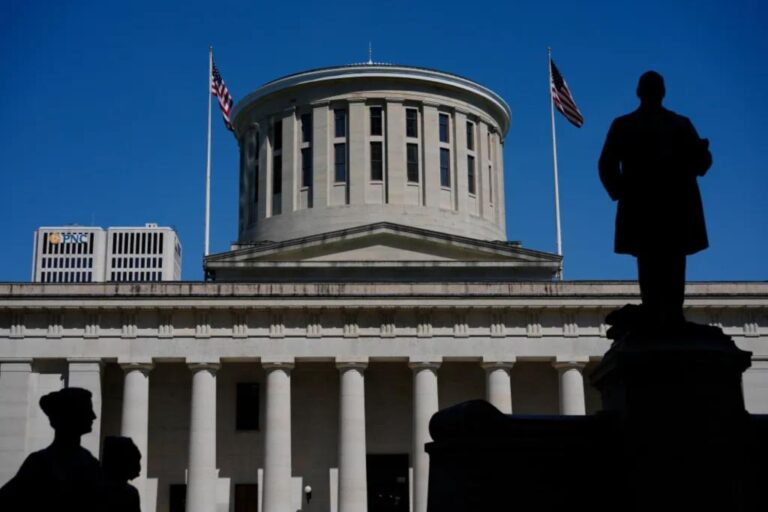(The Center Square) – A constitutional amendment to prevent political redistricting is expected to appear on Ohio’s ballot in November.
The “Citizens Not Politicians” campaign submitted 731,306 signatures from all 88 Ohio counties to Secretary of State Frank LaRose’s office, calling for a constitutional amendment to establish an independent redistricting commission.
The proposal has broad bipartisan support. Supporters say the amendment, which bans current or former politicians or lobbyists from drawing districts, would prevent political manipulation of district lines and ensure a transparent and fair redistricting process.

Ohio House Minority Leader Allison Russo, D-Upper Arlington, praised the group’s efforts.
“This is a great step towards putting Ohio’s redistricting process in the hands of its citizens and giving the power back to the people,” Russo said. “With fair districts, we can properly fund our schools, create good-paying jobs, and stop pushing through divisive bills that do nothing to advance hardworking Ohio families.”
Former Ohio Supreme Court Chief Justice Maureen O’Connor, a Republican who helped draft the amendment, has been a vocal supporter throughout the process.
“This support proves that redistricting is not a partisan issue…”[and] “This bill emphasizes that fair and transparent districts are essential to a healthy democracy and that the public wants to be in control of our electoral process, not politicians who have betrayed their trust,” O’Connor said in a June statement.
Governor LaRose will be verifying the signatures in the coming weeks. The proposition must receive 413,487 valid signatures to appear on the statewide ballot in November’s general election.
The “citizens, not politicians” amendment would read as follows:
- Creates a 15-member Ohio Citizens Redistricting Commission made up of Republicans, Democrats and Independents representing the various geographic regions and demographics of the state.
- It would ban current or former politicians, party officials and lobbyists from serving on the committee.
- It would be unconstitutional to set up electoral districts that discriminate against or favor particular political parties or politicians.
- Demand that the Commission be operated with transparency and independence
If the amendment passes in November, the commission would draw new maps that could go into effect as early as the 2026 election.

